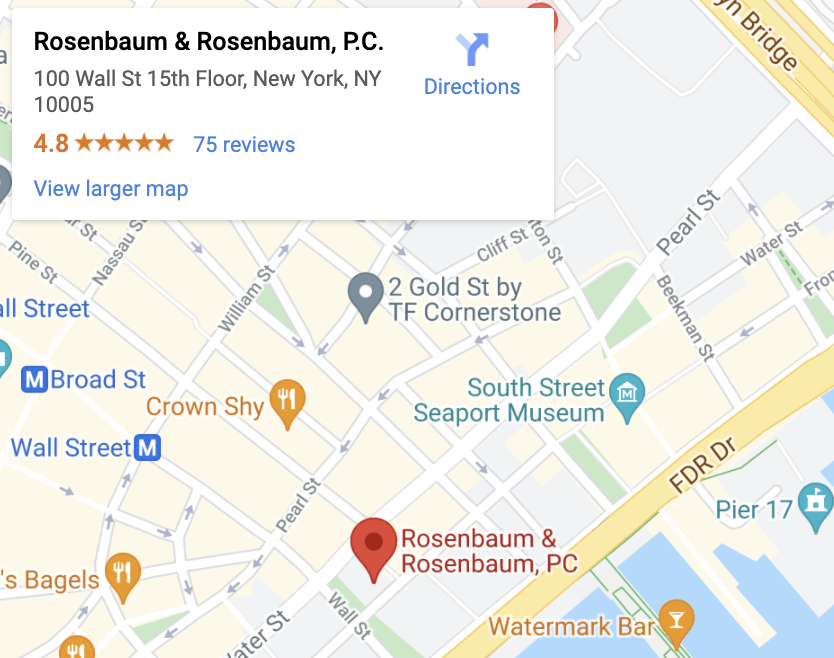Rotator Cuff Injuries

Your shoulder is a complex structure. Unlike your hip, which has a tight ball-and-socket joint, your shoulder has a much looser connection. This gives your arm a much wider range of motion. But to do this, your arm includes several tendons and muscles to hold your shoulder together as you move your arm.
The collection of muscles and tendons in your shoulder forms your rotator cuff. When you injure any of the four muscle and tendon groups that make up the rotator cuff, you can experience pain and stiffness in your shoulder and arm. A rotator cuff injury may even disable you from lifting or reaching.
Table of Contents
What Is the Anatomy of the Rotator Cuff?

The shoulder joint is a ball and socket joint. The ball sits at the end of the upper arm bone called the humerus. The socket includes an indentation in the shoulder blade. The top of the ball sits in the socket loosely. In contrast with the hip socket, the shoulder socket does not surround the ball on the end of the arm.
The rotator cuff cooperates with the socket to hold the shoulder together. These four muscles and tendons are what their name suggests. They form a “cuff” around the ball. Together, the socket and rotator cuff retain the ball as it rotates.
The four muscles and tendons of the rotator cuff include the following:
- The subscapularis connects the front of the shoulder blade to the front of the humerus to hold your arm out from your body
- The supraspinatus attaches to the top of the shoulder blade and the top of the humerus to rotate the arm inward and lift it
- The infraspinatus connects the back of the shoulder blade to the outside of the humerus to rotate the arm outward
- The teres minor connects to the back of the shoulder blade and humerus below the ball to help with outward rotation
The shoulder also includes ligaments to hold the ball in the socket, cartilage to facilitate smooth rotation of the arm in the shoulder, and bursae to cushion and lubricate the joint. But doctors do not consider these structures part of the rotator cuff.
What Can Cause a Rotator Cuff Injury?
Rotator cuff injuries can result from a few types of trauma, including:
Blunt Force
Blunt force trauma involves an impact on the shoulder. Blunt force injuries can bruise the muscles and tendons of the rotator cuff. With enough force, they could even break the humerus or shoulder blade.
Blunt force injuries can happen in pedestrian accidents or bicycle accidents when your shoulder hits the ground. A workplace accident could also result in a blunt-force rotator cuff injury if a heavy object falls on you or collides with you.
Penetrating Trauma
When an object stabs into your shoulder, you suffer penetrating trauma. The object could slice the muscles and tendons of the rotator cuff.
Anytime you have an accident involving sharp objects such as broken glass, you might suffer a penetrating injury. For example, in a motorcycle accident, you could lacerate your rotator cuff sliding across broken glass.
Hyperextension
Hyperextension injuries happen when the muscles and tendons of the rotator cuff get stretched too far.
The stretching forces can arise when the arm gets:
- Pulled
- Twisted
- Compressed
The stresses on the tendons of the rotator cuff cause the fibers to tear.
Hyperextension injuries can occur in almost any type of accident. You might pull your rotator cuff when you try to catch yourself during a slip and fall accident if your body weight forces your arm to rotate the wrong way.
Overuse
The use of any muscle causes microscopic tears to form. These tears will heal with rest, and the muscle will grow back stronger. But if you do not rest, the opposite happens. The tears will propagate, and the muscle will become painful and weak.
Overuse injuries to the rotator cuff typically occur in athletes and workers who perform repetitive actions for hours on end. A worker who carries, lifts, or pushes repeatedly during a shift can develop rotator cuff injuries. Fortunately, workers’ compensation should cover most job-related rotator cuff injuries.
What Types of Rotator Cuff Injuries Can a Person Sustain?
Most rotator cuff injuries fall into two broad categories:
Tendinitis
Tendinitis, also called tendinopathy, happens when the rotator cuff tendons become irritated. This irritation can occur due to impingement when shoulder bones rub the tendons. It can also happen due to overuse from repetitive motions.
When the tendon becomes irritated, it inflames.
Symptoms of inflammation include:
- Pain
- Swelling
- Decreased range of motion
An inflamed tendon can heal with rest, ice treatment, and anti-inflammatory drugs. But during your recovery, you might need to take time away from work or alter your work duties.
Strains
Strains happen when the tendons or muscles of the rotator cuff tear. In a minor strain, the tendon tears partially. In a severe strain, you suffer a full-thickness tear that completely severs the tendon.
Symptoms of a rotator cuff tear include:
- Shoulder pain
- Swelling
- Weakness
- Stiffness
- Muscle spasms
You can recover from a minor strain with rest. Recovery usually takes four to six weeks, and you may need physical therapy afterward.
A full-thickness tear may require reconstructive surgery. After surgery, your doctor may immobilize your arm with a brace to minimize the strain on your tendons. A full recovery from rotator cuff surgery could take as long as nine months.
How Can You Get Compensation for a Rotator Cuff Injury?
When your rotator cuff gets injured due to someone else’s actions, you may be entitled to recover personal injury compensation. To get compensation, you must show that the other party intentionally or negligently injured you.
“Intentional” does not mean the other person intended to harm you. Instead, it means they engaged in an intentional act that resulted in foreseeable harm. Thus, you could pursue a claim against someone who threw a chair in a bar fight regardless of whether they meant to hit you or someone else.
Negligence happens when someone fails to act with reasonable care and, as a result, injures you. Most injury cases arise from negligence that triggers an accident.
A rotator cuff injury can require expensive medical treatment and disable you from working. To discuss your rotator cuff injury and the compensation you can pursue, contact Rosenbaum & Rosenbaum, P.C. for a free consultation at (212) 514-5007.

